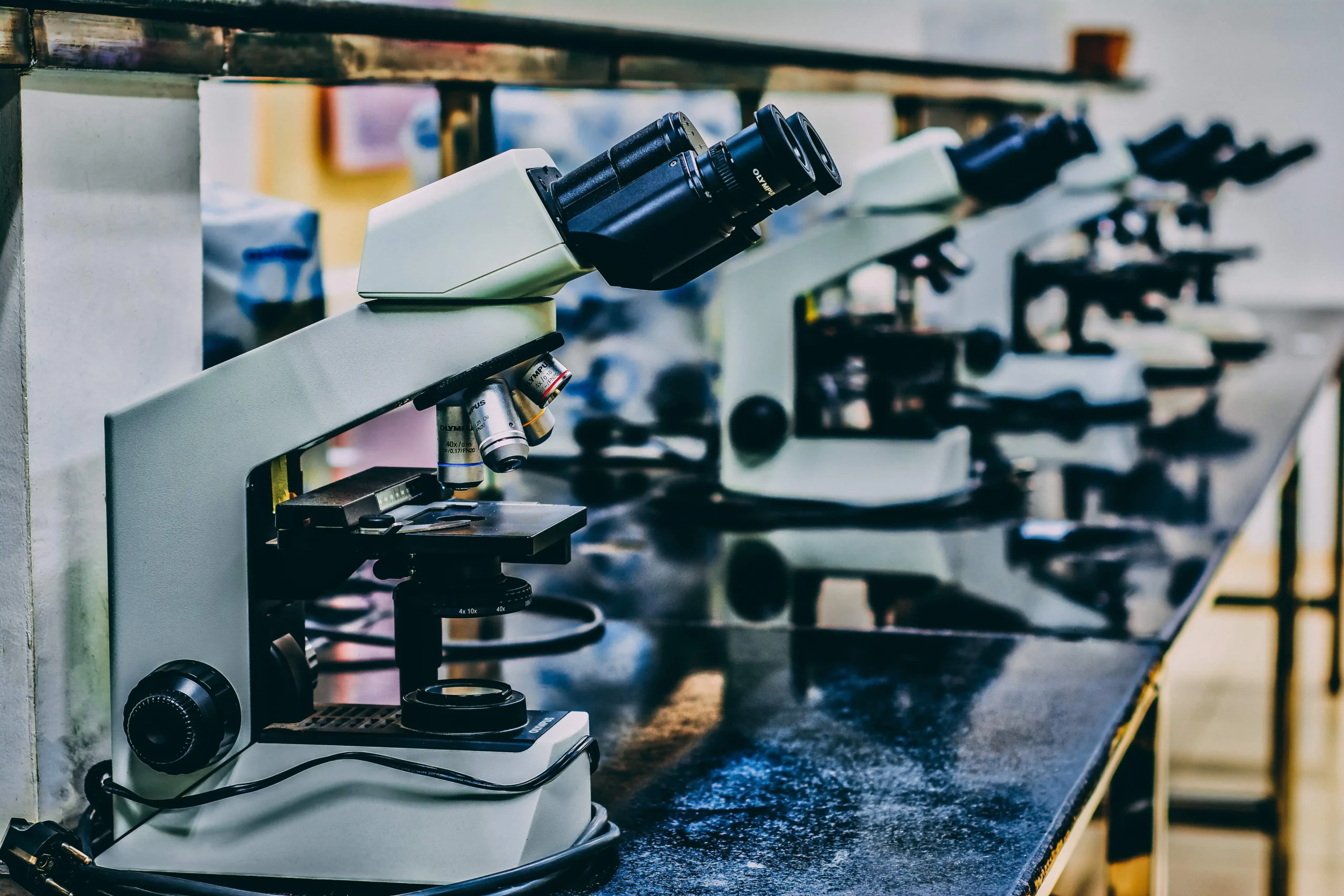Employing institution: Institut Pasteur de Dakar, Senegal
Host institution: University of Oxford, UK
Project title: Assessing the impact of genetic diversity in the design of the next-generation malaria vaccine – the stepping stone toward the development of a diversity transcendent vaccine.
Dr Thiam completed his PhD program in molecular cell biology of infectious diseases in 2019, with a special focus on the molecular interactions governing erythrocyte invasion. During this period, he developed a keen interest in malaria vaccine development.
He is currently undertaking a postdoctoral research fellowship at the Institut Pasteur de Dakar, where his project primarily focuses on applying experimental genetic approaches to test the functional role of genetic diversity on immune evasion to inform malaria vaccine design.
AREF Fellowship:
Malaria stills claims hundreds of thousands of lives yearly, while vaccine development strategies are so far thwarted by the extent of the parasite’s genetic diversity, which favours the development of strain specific immunity. Early testing of the effect of Plasmodium falciparum genetic diversity is critical for achieving the urgent need of designing a strain transcendent malaria vaccine.
This placement will enable Dr Thiam to generate and test antigen-specific B-cells in P. falciparum functional assays and contribute to the generation of preliminary data to further our understanding of the impact of genetic diversity in the neutralizing activities of antibodies to leading malaria vaccine candidates.
Dr Thiam will join Dr Simon Draper’s group at the University of Oxford for a 6-months placement. He aims to learn skills for the isolation and characterisation of antibody-secreting cells, and the production of recombinant monoclonal antibodies through the combination of state-of-the-art strategies developed over the years by Dr Draper’s group. This new set of skills will enhance his career goals as it perfectly aligns with his institution’s vision of building the future generation of African scientists.
“A better understanding of the impact of genetic diversity on functional immune responses is a stepping stone towards the development of an effective malaria vaccine.”



